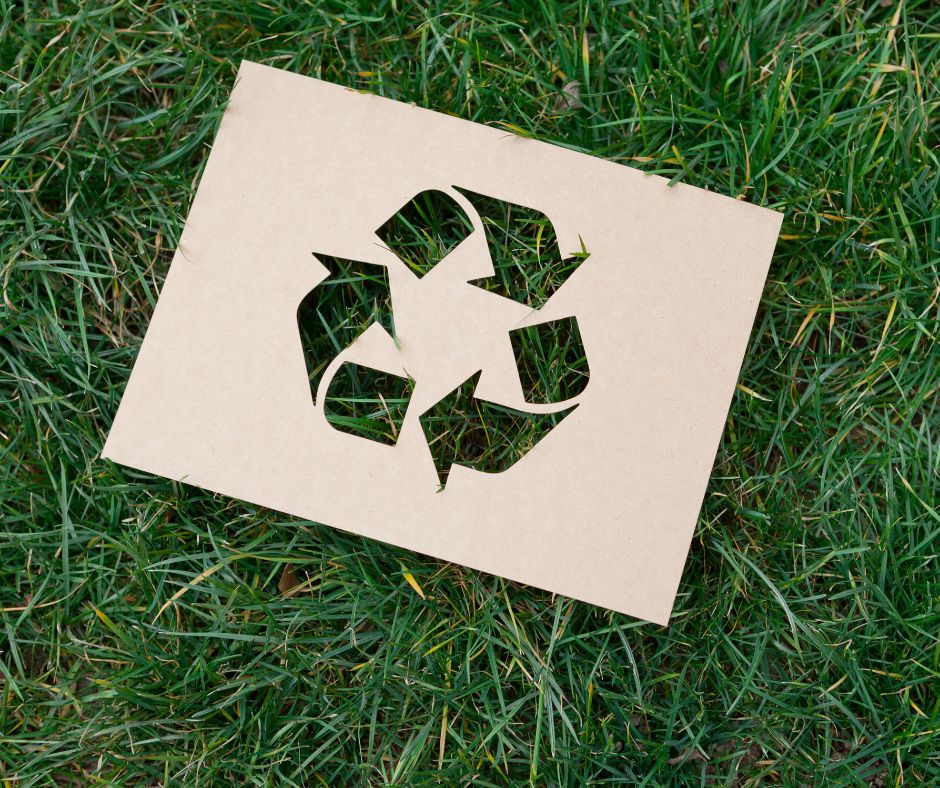In a world where sustainability is not just a buzzword but a business imperative, understanding the environmental impact of paper shredding is crucial. Small business owners, office managers, data security professionals, and corporate sustainability managers making informed choices about paper disposal can significantly affect both environmental footprints and company reputations. This blog will explore the environmental implications of paper shredding and offer actionable insights to help you make more sustainable choices.
The Importance Of Paper Shredding
Why Businesses Shred Paper
Paper shredding is essential for protecting sensitive information and complying with data privacy laws. Whether it’s client information, financial records, or internal memos, shredding ensures that sensitive data does not fall into the wrong hands. However, have you considered its environmental impact?
The Rise Of Paper Usage
Despite the digital age, paper usage in offices remains high. According to statistics, the average office worker uses about 10,000 sheets of paper annually. This translates to enormous amounts of waste that need responsible management.
The Role Of Electro-Cycle
Electro-Cycle aims to bridge the gap between data security and environmental responsibility. By focusing on sustainable shredding practices, Electro-Cycle offers businesses a way to protect their data while minimizing their environmental footprint.
Environmental Concerns Around Paper Shredding
Deforestation And Paper Production
The production of paper contributes to deforestation, which has severe consequences for biodiversity and climate change. Choosing recycled paper and responsible shredding practices can mitigate these effects.
Energy Consumption In Shredding
Shredding machines consume energy, contributing to carbon emissions. Opting for energy-efficient shredders or services can reduce this impact.
Waste Management And Landfills
Improperly disposed shredded paper often ends up in landfills, where it contributes to greenhouse gas emissions. Effective recycling and composting programs can help manage this waste better.
Benefits Of Sustainable Shredding Practices
Reducing Carbon Footprint
By adopting eco-friendly shredding practices, businesses can significantly reduce their carbon footprint. This not only benefits the environment but also enhances corporate reputation.
Promoting A Circular Economy
Sustainable shredding practices contribute to a circular economy, where materials are continually reused and recycled. This reduces the demand for virgin resources and lowers overall environmental impact.
Cost Savings
Eco-friendly shredding practices can lead to cost savings through reduced waste management fees and lower energy consumption. Additionally, many recycling programs offer financial incentives for participating businesses.
Steps To Implementing Sustainable Shredding Practices
Partnering With Eco-Friendly Services
Consider partnering with companies like Electro-Cycle that offer eco-friendly shredding services. These services ensure that shredded paper is recycled responsibly, reducing its environmental impact.
Educating Employees
Educate your employees about the importance of sustainable shredding practices. Provide training on how to use shredders efficiently and encourage them to reduce paper usage overall.
Common Misconceptions About Paper Shredding
Shredded Paper Can’t Be Recycled
Contrary to popular belief, shredded paper can be recycled. However, specialized processes are required to ensure that the product is turned into usable.
Sustainable Shredding Is Expensive
While there may be initial costs, sustainable shredding practices often lead to long-term savings through reduced waste management fees and energy consumption.
Only Large Companies Can Implement Sustainable Practices
Sustainable shredding is not limited to large corporations. Small businesses can also adopt eco-friendly practices and contribute to environmental sustainability.
How To Measure The Impact Of Your Shredding Practices
Tracking Carbon Footprint
Use tools and software to track the carbon footprint of your shredding practices. This data can help you identify areas for improvement and measure progress over time.
Assessing Waste Reduction
Regularly assess the amount of waste generated and recycled through your shredding practices. Set targets for waste reduction and track your achievements.
Employee Engagement And Feedback
Engage employees in sustainability initiatives and gather their feedback. This can provide valuable insights and foster a culture of environmental responsibility within your organization.
Future Trends In Sustainable Shredding
Technological Innovations
Advances in technology will continue to drive improvements in shredding efficiency and sustainability. Keep an eye on emerging trends and innovations in the industry.
Regulatory Changes
Stay informed about changes in environmental regulations that may impact your shredding practices. Compliance with these regulations is essential for maintaining a sustainable business.
Growing Consumer Awareness
Consumers are increasingly aware of environmental issues and expect businesses to take responsibility. Demonstrating your commitment to sustainability can enhance customer loyalty and attract new clients.
Conclusion
Understanding the environmental impact of paper shredding is essential for businesses aiming to balance data security with sustainability. By adopting eco-friendly shredding practices, you can reduce your carbon footprint, promote a circular economy, and achieve cost savings. Electro-Cycle offers innovative solutions to help you implement these practices effectively. Start your sustainability journey today and make a positive impact on the environment.

